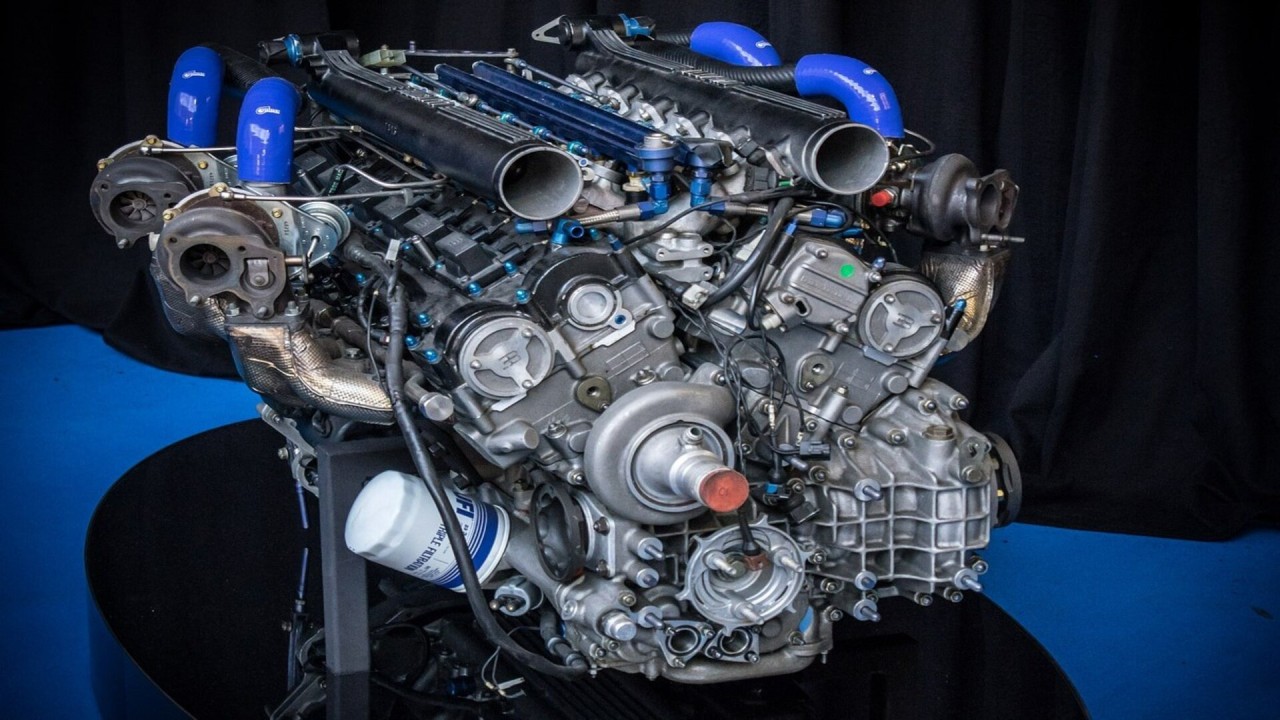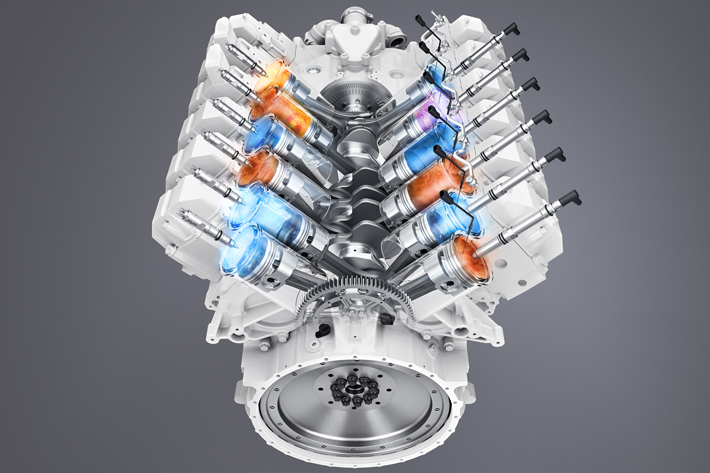The Impact of Cutting-edge Engine Technologies on Energy Effectiveness and Environmental Sustainability
In the realm of transportation and commercial equipment, the continuous pursuit for improved power efficiency and decreased environmental effect has led to considerable innovations in engine technologies. From the steady change in the direction of hybrid and electrical systems to the combination of turbocharging for improved performance, the landscape of engines is progressing quickly.
Evolution of Engine Technologies
The development of engine innovations over the decades has actually been marked by continual technology and refinement in search of boosted performance and efficiency. From the very early days of inner burning engines to the innovative hybrid and electrical powertrains of today, the advancement of engine innovations has actually been driven by a ruthless pursuit for enhanced gas efficiency and lowered emissions.
One substantial turning point in this advancement was the development of turbocharging and straight injection systems, which dramatically improved engine power result while boosting fuel performance. These innovations permitted smaller sized, much more lightweight engines that might provide the efficiency of bigger ones without endangering on efficiency.
Moreover, advancements in materials scientific research have actually resulted in the extensive fostering of light-weight materials such as light weight aluminum and carbon fiber in engine construction. This has not only reduced total automobile weight but has actually also boosted engine effectiveness by lessening energy losses linked with inertia and friction.
Advantages of Electric and Crossbreed Systems
With the growing concentrate on sustainability and energy performance, what benefits do hybrid and electric systems use in the world of engine modern technologies? Electric and hybrid systems present numerous advantages that add to a much more energy-efficient and lasting future. One of the main advantages is the significant reduction in greenhouse gas emissions compared to typical internal burning engines. Electric cars create absolutely no tailpipe emissions, bring about enhanced air high quality and minimized ecological impact. Additionally, electric and hybrid systems are extra energy-efficient, converting a higher percent of kept energy right into propulsion compared to conventional engines. This performance results in lower energy consumption and operating prices over the automobile's lifetime. Furthermore, electrical automobiles supply regenerative braking systems that catch and save power typically shed during stopping, further improving power performance. Crossbreed systems incorporate the advantages of electric propulsion with the versatility of a combustion engine, supplying expanded lowering and driving arrays array anxiety for customers transitioning to electric cars. Generally, hybrid and electric systems play an important role ahead of time energy efficiency and environmental sustainability in the transportation industry.
Turbocharging for Improved Efficiency
Innovative engine innovations like electrical and hybrid systems have actually led the means for developments in automobile performance, with turbocharging becoming a vital technique for enhancing overall performance and sustainability. Turbocharging jobs by utilizing a wind turbine to force even more air right into the combustion chamber, enabling much better fuel combustion and boosted power outcome without a substantial rise in engine dimension. This procedure, referred to as forced induction, allows smaller sized, extra fuel-efficient engines to generate power degrees similar to bigger ones. By taking full advantage of the efficiency of the burning procedure, turbocharged engines can attain improved fuel economic climate and reduced exhausts, adding to environmental sustainability. In addition, turbocharging boosts engine responsiveness, offering motorists with a more dynamic driving experience. The prevalent fostering of turbocharged engines in both gas and diesel automobiles shows their effectiveness in stabilizing efficiency, performance, and ecological impact. As automobile suppliers continue to fine-tune turbocharging technology, its function description in advertising power effectiveness and sustainability in the transportation industry is expected to expand even more.
Utilizing Alternate Gas
Using alternative gas presents a promising avenue for lowering carbon emissions and diversifying the energy sources utilized in transport. As the globe strives to fight climate change and lower dependence on nonrenewable fuel sources, different fuels have acquired significant focus for their prospective ecological and financial advantages.
Biofuels, such as ethanol and biodiesel, are stemmed from renewable sources like corn, sugarcane, and algae, providing a cleaner burning alternative to conventional gasoline and diesel. These gas can be blended with existing oil fuels or used in devoted engines, giving a path to lower greenhouse gas discharges and enhance air quality.
Moreover, hydrogen gas cells have arised as an appealing innovation for zero-emission transport. engines for africa. By transforming hydrogen gas right into power to power electrical motors, gas cell vehicles produce just water vapor as a result, eliminating hazardous tailpipe discharges entirely
In enhancement to lowering carbon exhausts, different fuels can likewise improve power protection by branching out the gas mix and decreasing dependence on imported oil. Embracing alternative gas in transport is an essential action towards attaining a more lasting and eco-friendly future.

Future leads and ecological advantages
The ecological benefits of different fuels and their potential for long-term sustainability are vital factors to consider in the change in the direction of cleaner energy sources. Alternative gas, such as biofuels, hydrogen, and electrical energy, offer substantial environmental advantages compared to typical nonrenewable fuel sources. These gas create reduced degrees of greenhouse gas emissions, lowering air contamination and mitigating environment change effects. Additionally, different fuels can aid expand energy sources, boosting energy safety and reducing dependence on limited click for info sources.
Innovations in innovation continue to boost the performance and cost of different fuel lorries, making them much more available to customers. By accepting alternative gas and ingenious technologies, the path towards a more sustainable future becomes progressively attainable.

Conclusion
In verdict, cutting-edge engine technologies have played a crucial role in enhancing power efficiency and advertising ecological sustainability. The evolution of engine technologies, adoption of electrical and hybrid systems, use of turbocharging, and expedition of alternate fuels have all contributed to minimizing discharges and boosting efficiency.
In the realm of transport and commercial equipment, the continuous pursuit for improved power efficiency and reduced ecological influence has led to significant developments in engine innovations. Turbocharging works by making use of a wind turbine to require more air right into the combustion chamber, allowing for better gas browse around this web-site burning and enhanced power output without a substantial boost in engine size. By optimizing the effectiveness of the combustion procedure, turbocharged engines can achieve better gas economy and lowered exhausts, contributing to ecological sustainability. Alternate gas, such as biofuels, hydrogen, and power, deal considerable environmental advantages compared to conventional fossil fuels. The advancement of engine modern technologies, fostering of hybrid and electric systems, application of turbocharging, and expedition of different gas have all added to reducing emissions and enhancing performance.